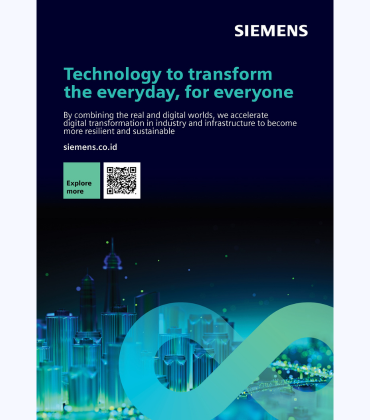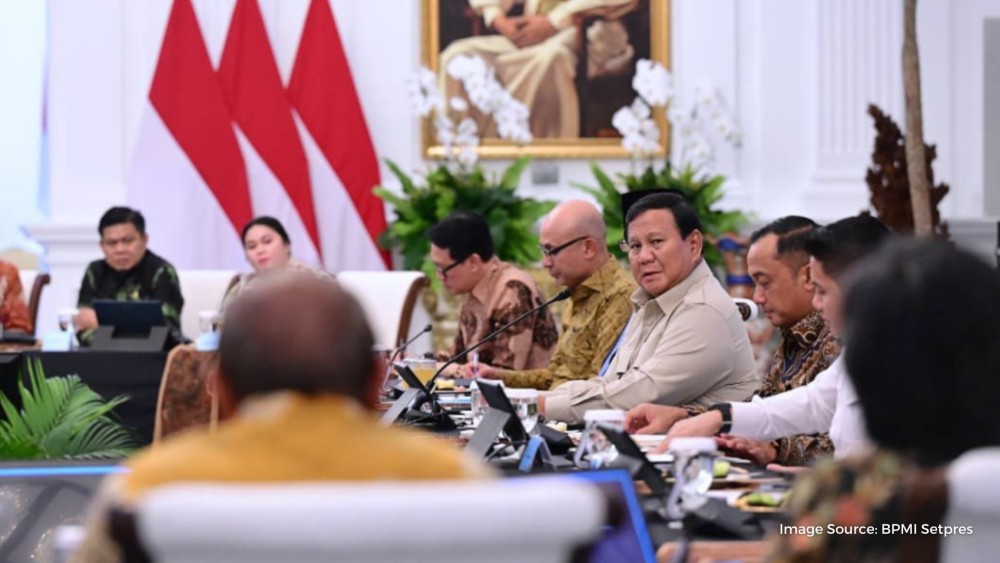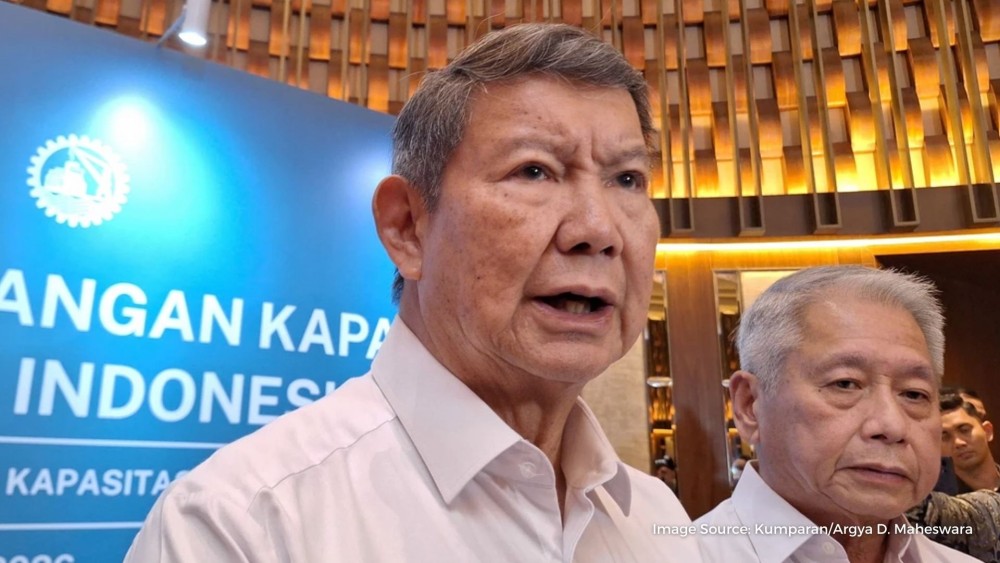Bosch Breaks Ground on First Global Modular Factory in Indonesia
19 Nov 2025

Bosch has begun construction of its first modular manufacturing facility worldwide in Cikarang, Bekasi, following a groundbreaking ceremony on November 19, 2025. The 82,000-square-meter site will be developed through four expansion phases: identifying market demand, building production capacity, increasing local sourcing, and transferring skills to the local workforce. The company targets the start of operations in early 2027.
The facility will manufacture several automotive components already supplied to the Indonesian market, including electronic control units (ECUs), engine electric cooling fans, and wipers. The company is also aiming to add production of battery management systems (BMS), a high-value component for electric vehicles.
Bosch Regional President for Southeast Asia Vijay Ratnaparkhe said the project “marks a new chapter for our commitment to Indonesia,” noting that the modular design allows multiple business units to share resources while maintaining operational independence.
The plant will adopt Industry 4.0 manufacturing standards, connecting production machines to Bosch’s global cloud infrastructure for real-time monitoring and optimization. Ratnaparkhe explained that the concept “gives businesses the agility to scale and reconfigure production lines quickly, responding to customer needs at the speed required in today’s competitive environment.” According to the company, operations in the initial phase will be handled by locally trained talent, with plans to expand the domestic supply chain through increased localization.
The investment comes as Indonesia’s electric vehicle market continues its rapid expansion. PwC data show that EV sales grew 43.4 percent year-on-year in the first quarter of 2025 to 27,616 units. Chinese brands currently dominate the market, with the BYD Atto 1 becoming the country’s best-selling car in October 2025. Bosch stated that the planned BMS production line is intended to support the growth of Indonesia’s EV ecosystem and strengthen local industry capabilities.
Indonesia’s Ministry of Industry welcomed the development, citing its alignment with national strategies for low-carbon mobility and advanced manufacturing. Setia Diarta, Director General of ILMATE, said the government hopes the factory will “not only support the LCEV program in Indonesia, but also support advanced manufacturing and empowering the local workforce,” adding that the project is “a milestone for strengthening the national mobility industry ecosystem and supporting emission reduction.”
Bosch Indonesia Managing Director Pirmin Rieger said the total value of the investment will depend on the products that enter production. He estimated that potential investment could exceed 250 million euros once the facility reaches full utilization, with realization carried out gradually over several years.
German Ambassador to Indonesia Ralf Beste also highlighted the significance of the investment for bilateral relations. “This is a very good day for Germany because a very eminent company is taking another step that further improves international cooperation for Germany,” he stated, noting the long history of economic ties between the two countries.
Bosch has had a presence in Indonesia for more than a century. It first entered the market through product sales in Surabaya in 1919 and established its first Indonesian subsidiary in 2008. The company has since expanded operations to major cities including Jakarta, Surabaya, Batam, Balikpapan, Makassar, and Denpasar. All four of Bosch’s global business sectors—Mobility, Industrial Technology, Consumer Goods, and Energy and Building Technology—now operate in the country.

















